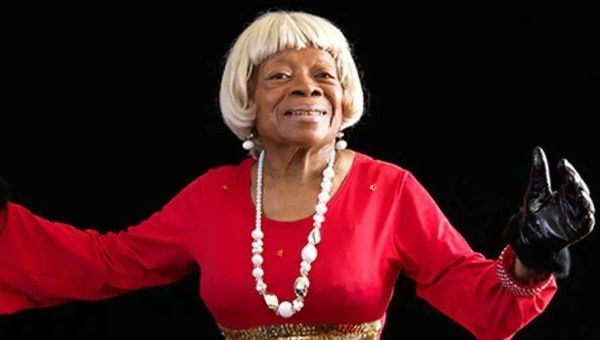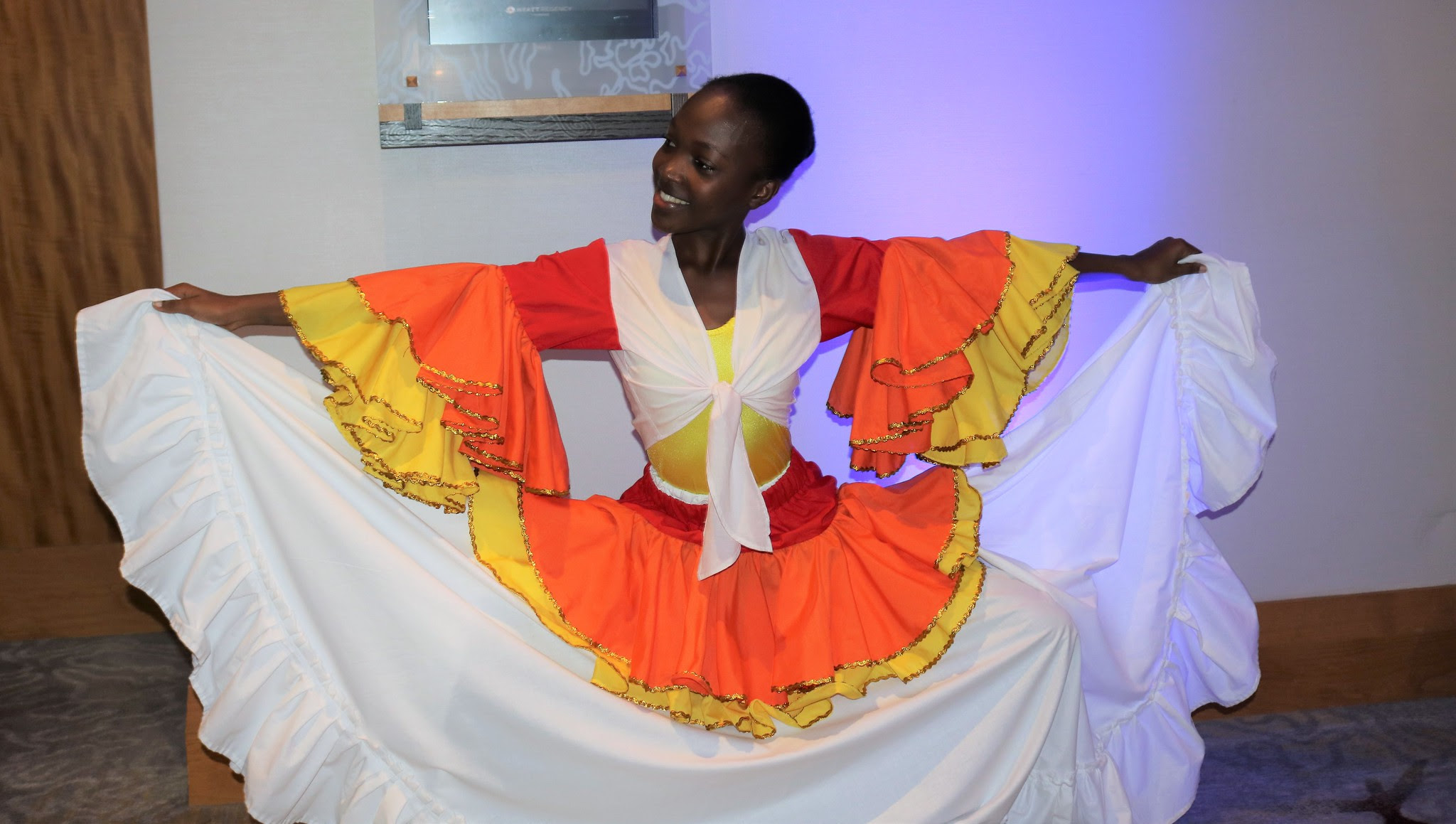Victoria-based author Esi Edugyan says her second time winning the $100,000 Scotiabank Giller Prize for her latest novel Washington Black felt all the more meaningful amid a climate in which truth is “under siege.”
Published by Patrick Crean Editions, the novel follows the saga of an 11-year-old boy who escapes slavery at a Barbados sugar plantation with the help of the owner’s kinder brother.
Edugyan secured the top prize after a season flush with acclaim for Washington Black, which was shortlisted for the Man Booker Prize and the Writers’ Trust fiction award.
As she took to the stage Monday night at the Ritz-Carlton in Toronto, Edugyan sighed as she admitted she didn’t prepare a speech, because she didn’t expect to win.
“In a climate in which so many forms of truth telling are under siege, this feels like a really wonderful and important celebration of words,” she told the crowd, which included notables such as acclaimed author Margaret Atwood, actor Gordon Pinsent and former Ontario premier Bob Rae.
Washington Black opens on a 19th-century sugar plantation in Barbados and launches into the horrors of that experience from the child’s-eye view of the eponymous Washington Black, an 11-year-old slave.
Just over 10 pages from the start, in a second beginning, Wash tells us he was a “freeman” by the age of 18, and it is clear that Edugyan is coming at her subject sideways, not with gritty realism but with fabular edges, and as much concerned with the nature of freedom as with slavery, both for her white characters and black.
This is, in fact, less a book about the effects of slavery and more about the burden, responsibility and the guilt of personal freedom in a time of slavery. “What does it feel like, Kit? Free?” Washington asks Big Kit, a female fellow slave who is, for a time, his protector.
She tells him that it is a matter of being able to “go wherever it is you wanting.” He heads towards this goal for free movement, experiencing both the privilege and the guilt from the gradations of freedom afforded him. He is first freed from the daily brutality of field slavery after being selected by the plantation owner’s kinder brother, Christopher “Titch” Wilde, to become his personal assistant. He is later an artist and assistant to a natural scientist called Dr Goff.
There is, initially, a hot-air balloon escape from the Barbados plantation to Virginia, then the Arctic wastes, Nova Scotia, London, Amsterdam, and Morocco. It is busy plotting but Edugyan’s intellectual inquiries are tucked neatly inside it, though one initially wishes that Edugyan had stayed on the Barbados plantation a little longer. Her descriptions of the terror there resemble the striking aesthetics of Steve McQueen’s adaptation of Twelve Years a Slave, which set a slowed-down and meticulous cruelty against moments of equally slow, still beauty. The beauty here lies in Edugyan’s language, which is precise, vivid, always concerned with wordcraft and captivating for it.





